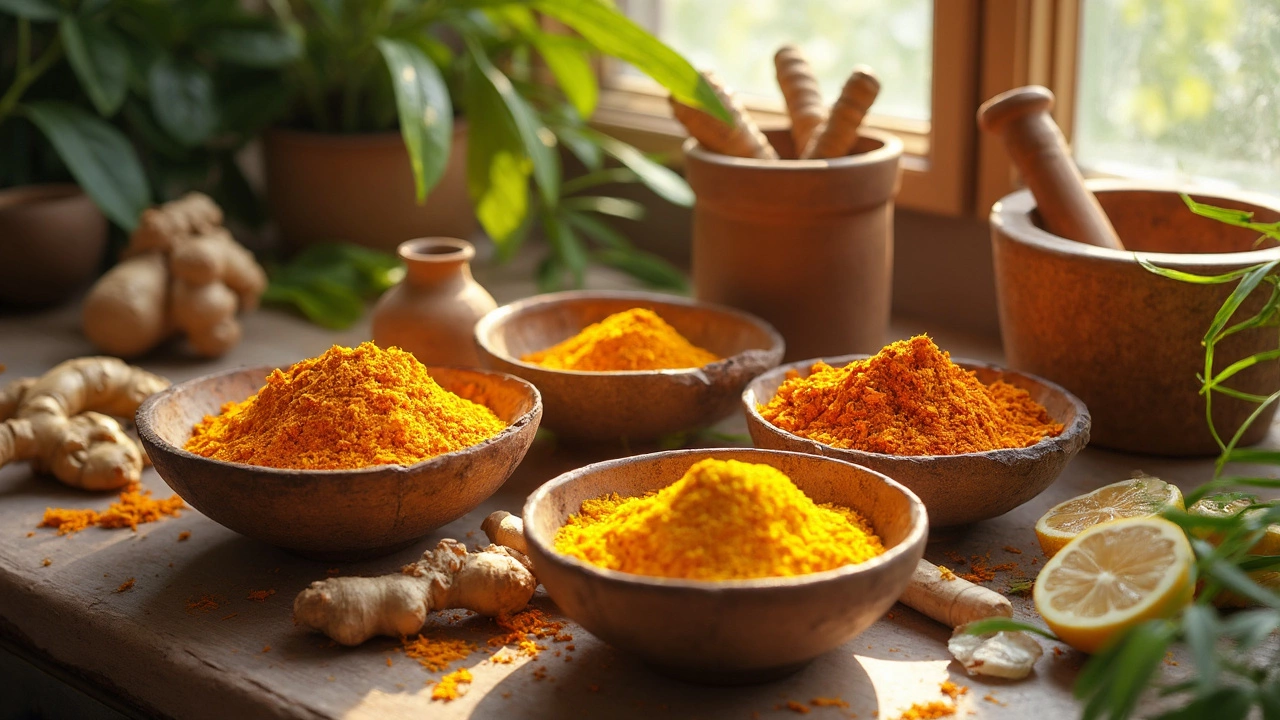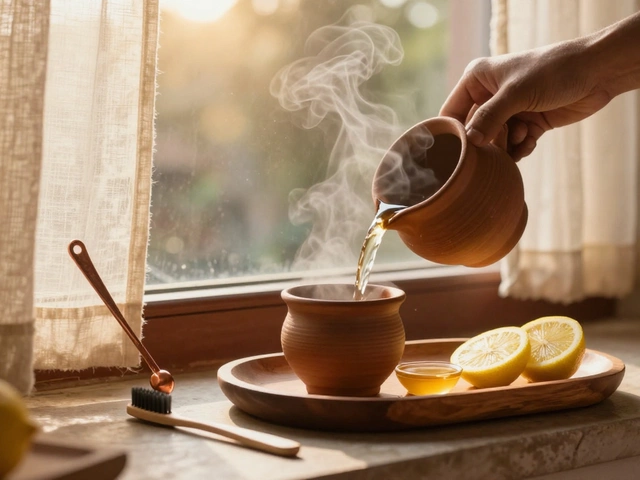Natural Remedies: How to Choose Safe Options and Avoid Hidden Risks
Thinking about swapping pharmacy pills for plant‑based fixes? You’re not alone. Many people turn to herbs, ayurvedic formulas, and natural supplements hoping for a gentler way to stay healthy. But not every “natural” product is safe, and a few can even hurt you if you’re not careful.
Choosing Safe Herbal Remedies
First, check where the herb comes from. Reputable brands usually list the country of origin, cultivation method, and whether the plants are organic. If you see vague terms like “herbal blend” without details, walk away. Authentic labels show the exact botanical name (for example, Withania somnifera for ashwagandha) and the part of the plant used.
Second, look for third‑party testing. Good companies post batch numbers and provide certificates of analysis that confirm the product is free from heavy metals, pesticides, and unwanted fillers. This step helps you avoid hidden contaminants that can cause liver or kidney strain.
Third, match the supplement to your goal. If you want joint relief, turmeric with added black‑pepper oil is most effective. For stress, standardized ashwagandha extracts (5% withanolides) tend to work better than raw powder. Trying to cover every health issue with one “miracle” blend usually ends up with wasted money and little benefit.
Finally, talk to a health professional before starting a new herb, especially if you’re on prescription meds. Certain ayurvedic medicines can interact with blood thinners, diabetes drugs, or thyroid medication. A quick chat with a doctor or pharmacist can prevent nasty surprises.
When Natural Remedies Can Harm
Even the most trusted herbs can turn dangerous if misused. For instance, some traditional kidney‑cleansing herbs contain compounds that stress the kidneys over time. One common culprit is aristolochic acid, found in some unregulated “detox” teas. If you have a history of kidney disease, steer clear of any product that mentions “kidney cleanse” without clear safety data.
Ayurvedic medicines are popular, but they’re not automatically safe. Products that aren’t approved by the Indian Ministry of AYUSH may contain heavy metals like lead or mercury. Always verify that the brand follows the government’s safety guidelines and displays a valid license number.
Herbal supplements can also be a problem when taken in mega‑doses. More isn’t always better—high doses of ginseng, for example, can cause insomnia, headaches, and blood pressure spikes. Stick to the recommended serving size unless a qualified practitioner advises otherwise.
In summary, natural remedies can be powerful allies when you pick reputable brands, verify testing, match the herb to your need, and check for interactions. At the same time, stay alert to herbs that can damage kidneys or interact badly with other meds. By doing a little homework, you can enjoy the benefits of nature without risking your health.








